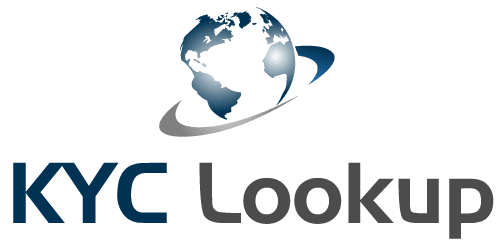17 Dec Isabel dos Santos Corruption Allegations – UK Sanctions
Isabel dos Santos Corruption Allegations – The United Kingdom has imposed sanctions on Isabel dos Santos, Africa’s richest woman and the daughter of Angola’s former president, José Eduardo dos Santos. The measures, which include an asset freeze and travel ban, are part of the UK’s effort to tackle global corruption and protect its financial systems from misuse. Dos Santos is accused of diverting billions of dollars from Angola’s public funds, making her a key figure in a high-profile international corruption case. The UK’s actions highlight its commitment to addressing financial crimes and promoting accountability on a global scale.
Isabel dos Santos corruption allegations
Born in 1973, Isabel dos Santos rose to prominence as a businesswoman during her father José Eduardo dos Santos’s 38-year presidency of Angola. With an estimated fortune of $3.5 billion, she became one of Africa’s wealthiest individuals, featuring on Forbes’ list of billionaires. Her business empire spans telecommunications, banking, energy, and real estate, with investments across Angola, Portugal, and the United Kingdom.
Despite her financial success, dos Santos’s wealth has been the subject of intense scrutiny. Allegations suggest that her fortune is deeply rooted in corruption and nepotism, with critics claiming it was largely built on her father’s political connections. The 2020 Luanda Leaks, a pivotal investigation by the International Consortium of Investigative Journalists (ICIJ), exposed how she allegedly misused Angola’s public funds. The leaks detailed a network of offshore companies and complex financial schemes used to embezzle state resources and obscure the origins of her wealth.
Details of the Sanctions
The UK’s Foreign, Commonwealth & Development Office (FCDO) has imposed sanctions on Isabel dos Santos, freezing all her UK-based assets and barring her from entering or transiting through the country. The asset freeze prevents dos Santos from accessing or benefiting from her holdings within the UK, while the travel ban isolates her from its financial networks. These measures are part of the UK’s broader commitment to addressing global corruption and ensuring its financial systems are not used to shelter illicit wealth.
Foreign Secretary David Lammy reinforced the government’s resolve, stating, “The UK will not be a haven for corrupt individuals who steal from their people. These sanctions demonstrate our commitment to tackling global corruption.” The sanctions reflect the UK’s strategy to hold powerful figures accountable and to deter the misuse of international financial systems for personal enrichment.
What Are the Allegations?
- Embezzlement of Public Funds – As chairwoman of Sonangol, Angola’s state oil company, dos Santos is accused of diverting $500 million to companies she controlled. These transactions were allegedly disguised as consulting fees and other business expenses.
- Inflated Government Contracts – Dos Santos allegedly secured contracts for businesses she owned under favourable terms, often at inflated prices. For instance, her telecom company Unitel reportedly benefited from government deals that deprived the Angolan treasury of substantial revenue.
- International Money Laundering – According to the Luanda Leaks, dos Santos operated a vast network of offshore shell companies. These entities were used to funnel public funds into private accounts and investments across Europe, including properties in London and Lisbon.
- Economic Harm to Angola – The Angolan government estimates that dos Santos and her associates caused a financial loss exceeding $5 billion to the country. These funds could have been directed toward critical infrastructure, education, and healthcare.
Angola’s Anti-Corruption Efforts
Since José Eduardo dos Santos stepped down in 2017, Angola’s current president, João Lourenço, has prioritised the fight against corruption. Isabel dos Santos has become a focal point of these efforts.
Angolan courts have already frozen many of her domestic assets, including bank accounts and shares in key companies. Additionally, Interpol issued a Red Notice in 2020 seeking her arrest for charges including money laundering and embezzlement.
Dos Santos denies all allegations, claiming that she is the target of a politically motivated campaign by the Lourenço administration. She has consistently maintained her innocence, calling the accusations baseless and part of a larger effort to tarnish her family’s legacy.
The Role of Investigative Journalism
The Luanda Leaks played a pivotal role in uncovering the extent of Isabel dos Santos’s alleged corruption. The investigation revealed over 715,000 leaked documents, detailing how she allegedly used her position to divert state funds into private accounts.
The leaks have not only led to international sanctions but have also highlighted the importance of investigative journalism in exposing illicit financial activities and holding powerful individuals accountable.
Global Implications of the Sanctions
The UK’s decision to impose sanctions on Isabel dos Santos highlights its firm stance on combating global corruption. This move carries far-reaching implications, emphasising that even powerful individuals are not beyond accountability. By taking such decisive action, the UK is signalling a growing international push for transparency and fairness in addressing financial misconduct.
The sanctions also support Angola’s anti-corruption efforts, reinforcing global cooperation in recovering misappropriated assets. Additionally, by freezing her assets and restricting her access to UK financial systems, the measures aim to disrupt illicit networks that facilitate kleptocracy. These actions align with international initiatives to prevent the misuse of financial systems for laundering stolen wealth and to promote accountability on a global scale.
In conclusion, the sanctions on Isabel dos Santos mark a crucial step in the global fight against corruption, highlighting that no one, regardless of wealth or influence, is beyond accountability. This case demonstrates the importance of KYC Lookup courses in educating individuals and organisations on due diligence and financial transparency to combat financial crimes.
With increasing legal challenges and heightened international scrutiny, dos Santos faces significant barriers to rebuilding her empire. Her case serves as a clear reminder to those who exploit public resources: the global community is closing in on corruption.



No Comments